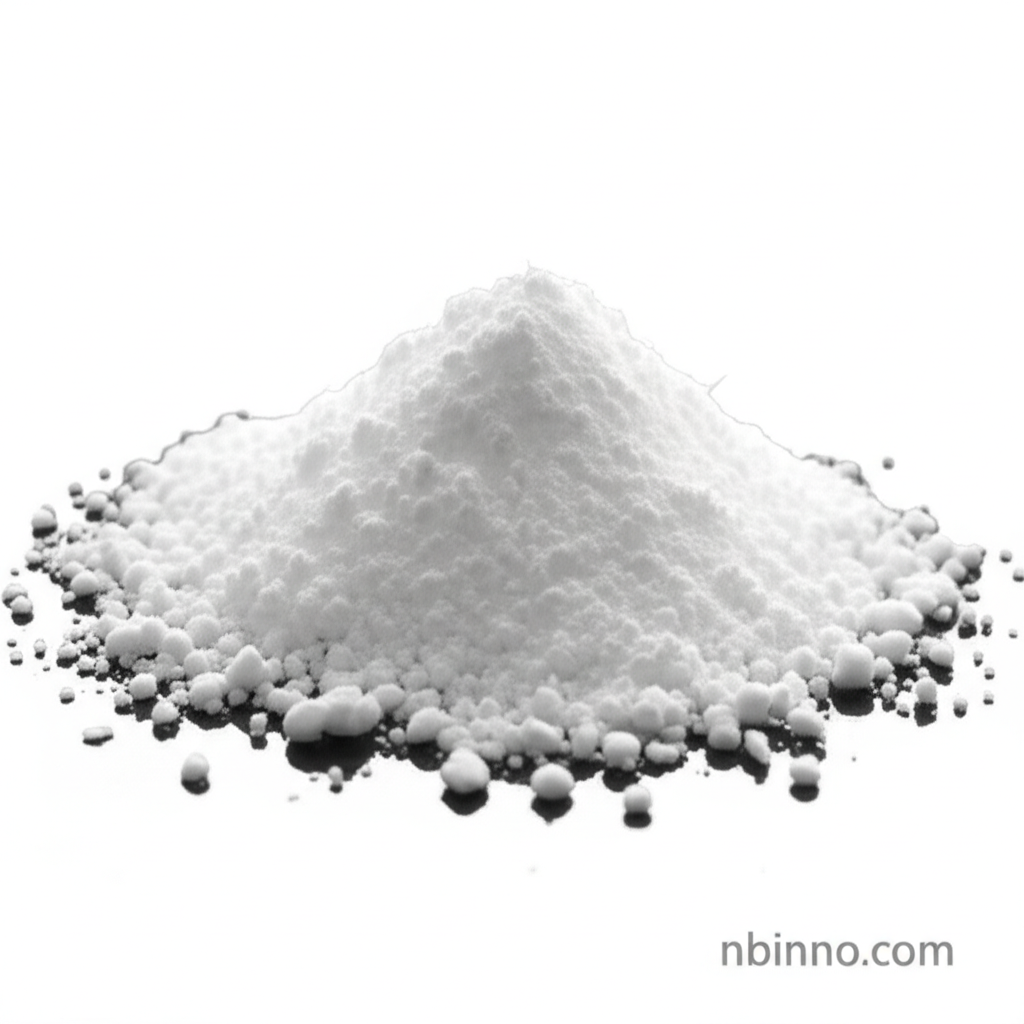Procaine Hydrochloride: Your Guide to Safe Anesthesia
Discover the properties, applications, and safety of this vital local anesthetic.
Get a Quote & SampleProduct Core Value

Procaine Hydrochloride
Procaine hydrochloride is a synthetic organic compound renowned for its efficacy as a local anesthetic. It functions by temporarily blocking nerve impulses, providing pain relief and numbness in targeted areas. This makes it invaluable for various medical and dental procedures, ensuring patient comfort and facilitating treatments. Its reliable performance and established safety profile solidify its importance in the pharmaceutical sector.
- Explore the precise mechanism of procaine hydrochloride anesthesia, focusing on its role in blocking sodium channels.
- Learn about the safe procurement of procaine hydrochloride powder from trusted suppliers.
- Understand the various medical applications of procaine hydrochloride, from dental work to nerve blocks.
- Investigate the synthesis process of procaine hydrochloride and its journey from lab to medical use.
Key Advantages
Reliable Pain Management
Procaine hydrochloride offers dependable pain relief, a critical factor for successful medical and dental procedures, ensuring effective pain management.
Enhanced Safety Profile
As a safer alternative to cocaine, procaine hydrochloride minimizes toxicity and addiction risks, contributing to improved patient outcomes and a focus on patient safety.
Cost-Effective Solution
For regions where cost is a significant consideration, the affordability of procaine hydrochloride makes it a vital pharmaceutical intermediate, supporting accessibility to healthcare.
Key Applications
Local Anesthesia
Procaine hydrochloride is widely used for its local anesthetic properties, providing temporary loss of sensation in specific body parts for minor procedures.
Dental Procedures
A cornerstone in dentistry, it is frequently employed to numb the area around a tooth, facilitating examinations and treatments without discomfort.
Nerve Block Anesthesia
This method involves injecting procaine hydrochloride near a nerve to block sensation in a larger area, useful for limb or facial procedures.
Spinal Anesthesia
In specific surgical contexts, procaine hydrochloride is injected into the spinal fluid to achieve anesthesia for lower body surgeries.
